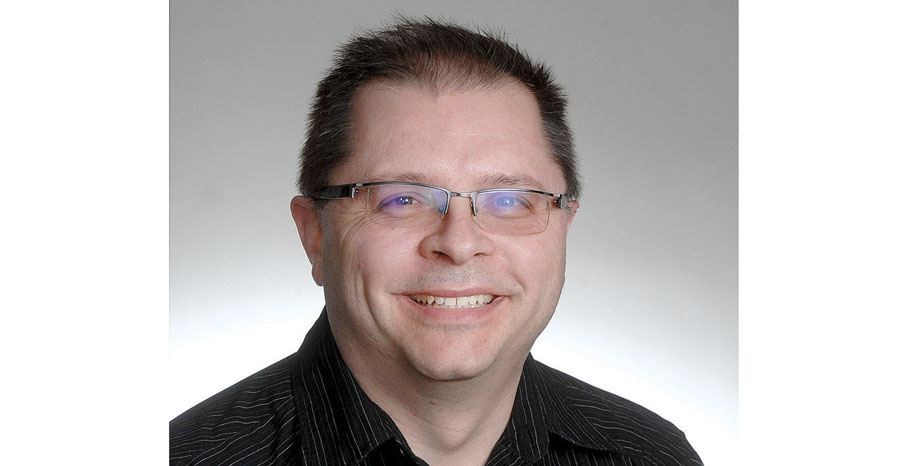Don't judge a book by its cover, goes one old nugget of wisdom.
Don't shoot the messenger, goes another.
Both got thrown out the window this week by some local residents angry that a Florida-based writer has published a short book called The Country Boy Killer: The True Story of Cody Legebokoff, Canada's Teenage Serial Killer, and that The Citizen devoted a front-page story about its release. The book is the sixth entry in Hunter's Crimes Canada series, which also includes books about the crimes of Robert Pickton, Luka Magnotta and Paul Bernardo and their victims.
Some feel Hunter should have got the permission of the families of the victims to write his book, some feel he should donate the proceeds to a charity that benefits victimized girls and women, some feel book stores that sell should also donate their sales income to charity as well.
To each of those emotional reactions is a one word answer: why?
In any other situation, most people would call it censorship to restrict an author from writing about a topic because someone might be offended. Despite its racy title and its gaudy cover, Hunter's work appears detailed and accurate, with significant portions of it devoted to the victims and the impact of Legebokoff's crimes on the community and the families. In any other situation, people who judge a book without reading it first are rightly ridiculed as close-minded and reactionary.
Everyone should actually be thanking Hunter for sharing the tragedy of the murders of Stacey Stuchenko, 35, Natasha Montgomery, 24, Cynthia Maas, 35, and Loren Leslie, 15, with a wider audience. Keeping their memory alive and learning from what happened means continuing to talk about it and encouraging others, far and wide, to join in the conversation. That's how broader discussions grow about Canada's missing and murdered women, geographic isolation, poverty, the sex trade, substance abuse, and so on.
As for Hunter doing it to make a dollar, there is no crime in that. He is a professional author and he deserves to be compensated for his work. Matt Smiley and the team that produced the excellent Highway of Tears documentary were also paid for their efforts, as they should be. Like Hunter's book, that film promotes remembrance, discussion and hopefully action to prevent future tragedies.
No one asked the reporters from NBC's Dateline or CBC's The Fifth Estate or CTV's W5 or Christie Blatchford from the National Post to donate their pay for their work on the Highway of Tears, the Ratte case and the Legebokoff trial.
To insist on Hunter or anyone else having to obtain permission from Legebokoff's victims to tell their story is to demand that the story not be told at all or that it only be told with approval. Neither is the path to the truth and to proper remembrance.
Take it one step further. Why shouldn't every lawyer, every judge, every police officer, every social worker, every journalist and everyone else who took home a paycheque working on the Legebokoff case in any way also give up their pay?
Hopefully Hunter's book is the first of many outside investigations into this cruel young murderer and the unfortunate women who died at his hands. As the Truth and Reconciliation Commission so properly pointed out, neither truth nor reconciliation can happen regarding residential schools without ongoing discussion and exploration of what happened and why. The Legebokoff case is no different.
There is no question how difficult it is for the families and friends of his four victims to continue to talk about their loss and to be constantly reminded of it, in documentaries, news coverage and now books. Their only consolation is knowing that the ongoing attention might play a small role in increasing awareness of vulnerable women in our communities and perhaps prevent more senseless tragedies like this in the future.
And for those who would rather just put it all in the past and forget that Prince George and area was the home to one of the youngest serial killers in Canadian history and police didn't even know they were looking for one until he was pulled over for suspicious behaviour, your choice is simple. Don't buy the books, don't watch the films or TV reports, don't read the news about it.
Just don't force everyone else to join you as you bury your head in the sand.
-- Managing editor Neil Godbout



